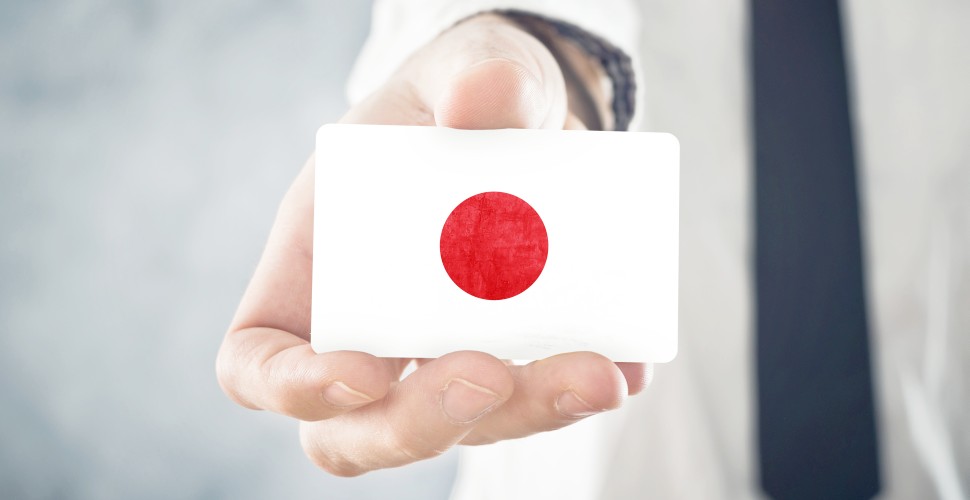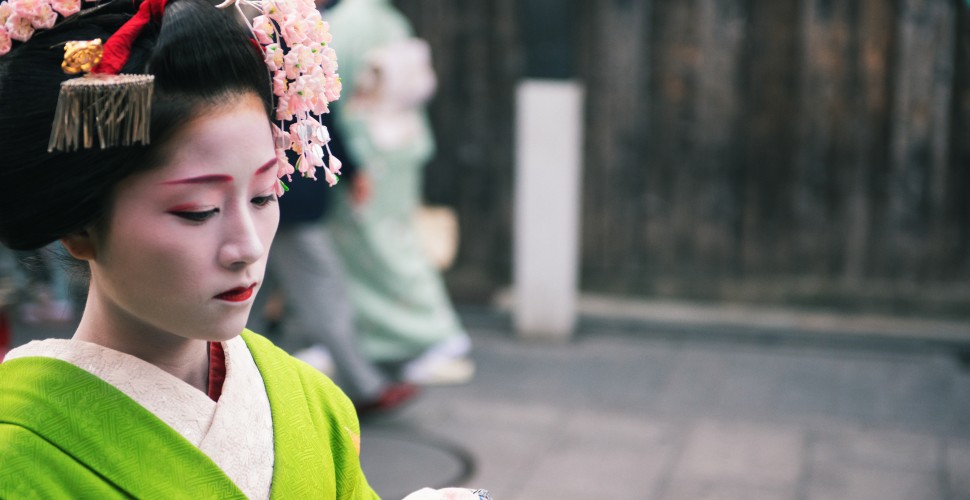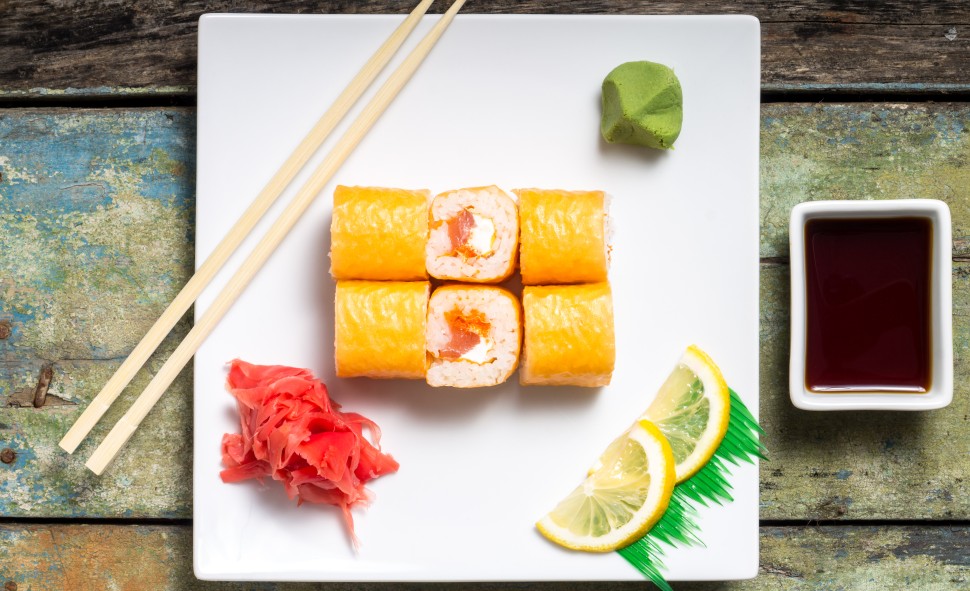11 Tips for a Successful Business Trip to Japan
As the world's third largest economy (by nominal GDP), Japan is a business hotspot. Many people in the UK find themselves carrying out commercial activities with the Japanese, either as personnel hired by Japanese companies operating in Britain, or as business entities in their own right.
But doing business in Japan is very different from doing so in Europe or the US – or at least it can seem that way. Visitors who show respect for their hosts and for Japanese culture, as well as those who can successfully build solid business relationships, are likely to do very well.
Perhaps more than a lot of countries, it is important to do your research on business and social etiquette in Japan. Here are our top ten tips for a successful Japanese business meeting…
1. Understand Japanese Greetings
While many Japanese business people will realise that westerners are not used to bowing, learning to do so will help create the right impression. Bow with your back straight and your hands by your sides. The lower the bow, the more respect you are showing. Bows are often repeated several times, reducing in formality with each iteration. A handshake may be combined with the bow.

2. Remember to Show Respect at all Times
This is especially important if older people are in attendance. As in many parts of Asia, older individuals hold much power and influence, so it pays to be especially respectful to them.
3. Business Card Etiquette
Business cards are often used in Japanese business meetings. Accept someone's card respectfully, give a small bow, then examine it carefully, taking care not to cover the person's name. Do not casually slip a person's card into your back pocket!

Ensure your cards are kept in a neat case so that they are in perfect condition. Giving someone a frayed or bent card can reflect on the way you intend to do business.
4. Be Polite and Patient
Exhibiting anger, impatience or frustration can damage or stunt business relationships. Ensure you never make a Japanese person ‘lose face' by imposing unrealistic or challenging demands.
5. Remove Shoes in Domestic or Sitting Areas
Always remove your shoes when entering someone's home. It is rarely acceptable to walk bare foot – so take along a pair of socks (without holes!) for such eventualities. You may be provided slippers. If you're not sure when to take off your shoes, just follow your host's example.
 Geisha (Rolf_52/Bigstock.com)
Geisha (Rolf_52/Bigstock.com)
6. Keep Your Hands Out of Your Pockets
Having your hands in your pockets suggests boredom or disinterest. This will be frowned upon by Japanese people.
7. Take out Business Travel Insurance
Japan is an expensive country, so if you fall ill, become a victim of crime, or suffer a return journey cancellation, your bank balance may suffer severely. Take out business travel cover for true peace of mind.
8. Avoid the Numbers 4 and 9
"4" in Japanese is shi, which also means death. "9" in Japanese can mean suffering. As such, both numbers are considered unlucky - and so you should avoid them. Do not offer gifts in sets of four or nine, for instance.
9. Do Not Tip
Tipping is not expected in any Japanese transaction and may be considered rude if attempted.
10. Do Not Blow Your Nose in Public
Go to the bathroom instead. Unlike nearby China, clearing your nose or throat and then spitting in public is frowned upon in Japan.
11. Use Chopsticks Properly
Etiquette surrounding chopsticks can seem demanding in Japan; take food from communal bowls using the thick end of the sticks (not the end you put in your mouth). Do not point your chopsticks at anyone; do not skewer food with chopsticks; do not wave chopsticks around or over the food.
